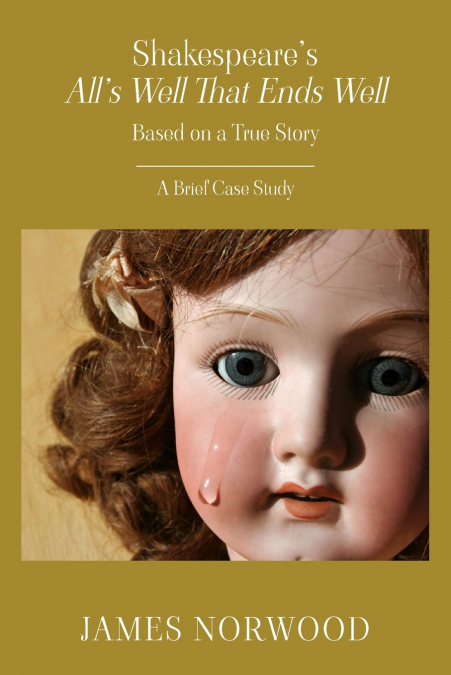
 Librería Perelló (Valencia)
Librería Perelló (Valencia)
 Librería Aciertas (Toledo)
Librería Aciertas (Toledo)
 El AlmaZen del Alquimista (Sevilla)
El AlmaZen del Alquimista (Sevilla)
 Librería Elías (Asturias)
Librería Elías (Asturias)
 Librería Kolima (Madrid)
Librería Kolima (Madrid)
 Donde los libros
Donde los libros
 Librería Proteo (Málaga)
Librería Proteo (Málaga)
All’s Well That Ends Well has baffled students, critics, and theater practitioners for centuries. But the confusing aspects of the play, both in its form and content, may be resolved when it is understood that the author was using the theater as a form of personal expression. This brief study will demonstrate how the Shakespeare authorship question matters when seeking to unlock the mysteries of a complex play and to understand the range of possibilities for interpreting this work in the theater. There is no record of a performance of All’s Well That Ends Well in the Elizabethan age. When it is understood that the author was shaping a drama around his own life story, then All’s Well That Ends Well may be seen not as a festive comedy, but closer to the social realism of modern playwrights like Henrik Ibsen and Eugene O’Neill.